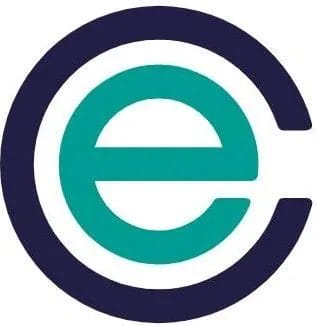Understanding the difference between deductible and non-deductible expenses can significantly impact your financial planning and tax liability.
By knowing what you can and can’t deduct, and by keeping meticulous records, you can take full advantage of the tax benefits available to you.
With that in mind, let’s break down deductible and non-deductible expenses, provide examples of each, and share our top tips on how to keep track of them.
What are deductible expenses?
Tax-deductible expenses are costs you incur while running your business that you can subtract from your total income, lowering the amount of tax you need to pay. These expenses are split into two main types:
- Direct expenses: costs directly tied to making money, like buying materials or paying employees.
- Indirect expenses: costs necessary to run your business but not directly tied to income, like office rent and utility bills.
You can claim both types of expenses on your tax return. However, there are limits on how much you can claim for indirect expenses. For instance, you can only claim part of your office rent based on how much of the office is used for business.
Common examples of deductible expenses
Here are 8 of the most common deductible expenses in the UK:
1. Office supplies
This includes things like paper, pens, printer ink, and postage. If you pay for software on a subscription or use it for less than two years, you can also claim these costs.
2. Phone and internet bills
You can claim the portion of your phone and internet bills used for business. Make sure to separate business use from personal use.
3. Business premises
Costs like rent, business rates, electricity, water, and building insurance for your business location can be claimed. However, you can’t claim the cost of buying the property.
4. Transport and travel
You can claim expenses for fuel, parking, train, or bus fares if the travel is for business purposes. This doesn’t include commuting to your regular workplace.
5. Legal and professional costs
Fees for accountants, financial advisers, solicitors, and surveyors are deductible if they are for business purposes.
6. Raw materials and stock
If your business sells products, you can claim the costs of raw materials or stock.
7. Marketing expenses
Costs for advertising, maintaining a website, social media ads, and traditional marketing like print ads can be claimed.
8. Staff costs
Salaries, wages, bonuses, pensions, and even subcontractor costs can be claimed as allowable expenses. However, payments to partners in a business partnership aren’t eligible.
What are non-deductible expenses?
Non-deductible expenses are costs that you can’t subtract from your income to reduce your taxes, even if they are related to your business.
HM Revenue and Customs (HMRC) does not allow these expenses to be used as deductions. This means you must pay taxes on these costs because they don’t lower your taxable income.
Common examples of non-deductible expenses
Let’s look at 6 examples of non-deductible expenses in the UK:
1. Travel from home to your office
You can’t claim the cost of commuting from your home to your rented office or workspace.
2. Everyday lunches
Daily lunch expenses can’t be claimed against employment taxes unless you’re away from your normal place of work.
3. Personal expenses
Any costs that aren’t directly related to your business can’t be claimed.
4. Fines and penalties
Any fines or penalties incurred, such as self-assessment penalties, parking fines, or VAT penalties, are disallowable expenses.
5. Unpaid work
You can’t claim the value of work done by yourself or your family if no one got paid for it.
6. Residential accommodation
Costs for your home can’t be claimed unless they’re absolutely necessary for your business.
Tips for tracking your expenses
Properly tracking your expenses throughout the year can make tax time much easier and make sure you don’t miss out on any potential deductions.
Here, we’ve outlined a few of our top tips for tracking expenses:
- Keep receipts and invoices: save all receipts and invoices for your deductible expenses. This documentation is crucial if you need to prove your deductions to tax authorities.
- Use a dedicated bank account: for business expenses, consider using a separate bank account or credit card. This can simplify tracking and prevent mixing personal and business expenses.
- Maintain a detailed log: for expenses like mileage or home office use, keep a detailed log with dates, amounts, and purposes. There are various expense management apps like Capture Expense that can help with this.
- Consult a tax professional: tax laws can be complex and change frequently. Consulting a tax professional can help make sure you are claiming all possible deductions and staying compliant with HMRC.
Track all your expenses in granular detail
Our expense reporting software offers unmatched flexibility in tracking both your deductible and non-deductible expenses, ensuring you always have full spend visibility and stay compliant with HMRC. Book a demo today to see how we can help.

